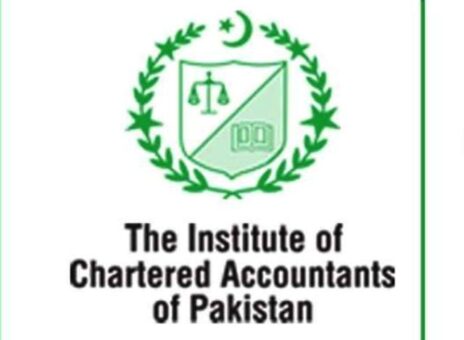KARACHI: Pakistan Tax Bar Association (PTBA) has advised the Federal Board of Revenue (FBR) to revisit law related to arrest and prosecution under Sales Tax Act, 1990.
In its tax proposals for budget 2019/2020, the apex tax bar said that under the existing law, every director and officer of the Company is liable to be arrested if the officer has reasons to believe that such director or officer is personally responsible for actions of the Company contributing tax fraud.
Accordingly, a person who is a nominee director or employee director can be held responsible for the liability of the company.
The PTBA said that as per interpretation of the law nominee or employee directors be who are not involved in the administrative matters of a taxpayer are being held responsible for the liability of the taxpayer.
“It is a trite law that before any coercive action is taken against any person; it is the duty of the Revenue Officer to provide proper opportunity of being heard and pass a judicious order to establish that the act of the registered person is willful and there was an element of mens rea.”
In the Income Tax Ordinance, 2001 such matters are covered under Section 139 thereof which comprehensively deals with the liability both in case of company and association of Persons. “Section 139 needs to be replicated in the Sales Tax Act, 1990 on the similar lines.”
The PTBA said that the proposed amendment would protect interest of the nominee/employee directors.
Pointing out the issue of recovery of arrears under sales tax law, the PTBA said under Section 48 which deals with recovery of arrears does not provide any time limit to initiate the recovery proceedings.
“By virtue of section 45B of the Act, a registered person aggrieved by any decision, may file an appeal within thirty days of the date of receipt of the order. On the contrary, under Rule 71 of the Sales Tax Rules, proceeding of recovery of impugned tax may be initiated after thirty days from the date of order.”
In addition, recovery proceedings may be initiated as soon as Commissioner Inland Revenue (Appeals) confirmed the Order under Section 45B of the Sales Tax Act or Section 33 of the Federal Excise Act.
The PTBA said that the section 45B, 48 and the rule are not harmonized. Sometimes order is served to the registered person after many days of the date of order and the recovery proceedings may be initiated under the Rule even if the time limit provided for filing of the appeal has not lapsed.
Therefore, it is recommended that Rule 71 should be amended to provide commencement of recovery proceedings after thirty days from the date of receipt of the order.
Similarly, time limit of 30 days from the date of receipt of the order should be provided in section 48 to bring harmony between the Act and Rules.
The PTBA suggested that thirty days shall also be allowed for initiation of recovery proceedings in case demand is confirmed by the Commissioner Inland Revenue (Appeals) while disposing appeals filed under section 45B of STA and 33 of FEA.
Giving rationale to the proposal, the PTBA said that it would keep harmony between the Act and the Rules in the spirit of natural justice.





